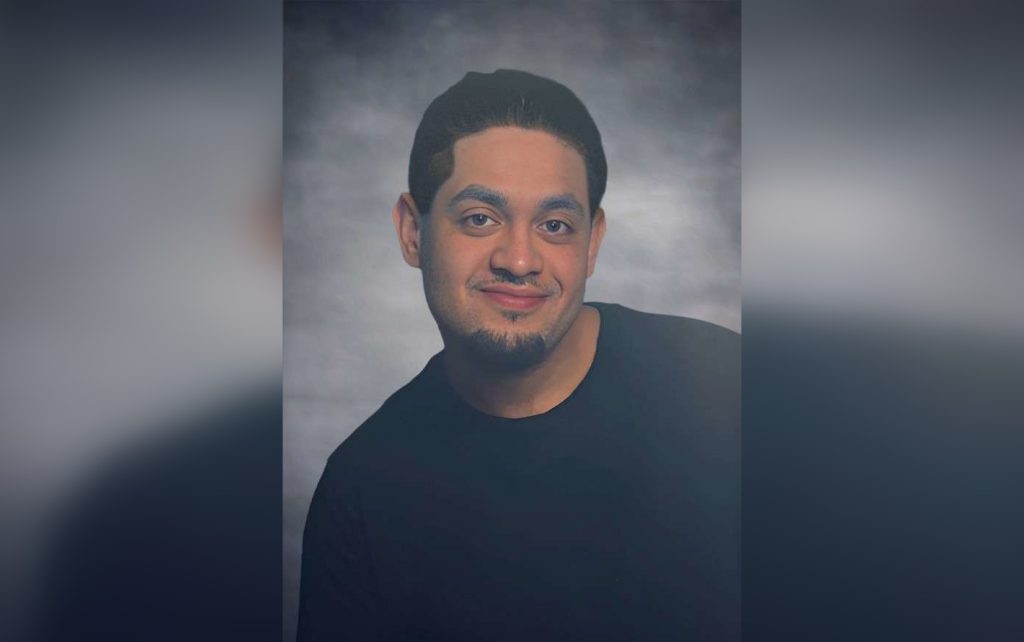Quebec’s Bill 96 could negatively impact patient care, say advocates

Posted April 26, 2022 1:52 pm.
Last Updated April 26, 2022 6:19 pm.
Quebec’s overhaul of its French-language law – Bill 96 – is continuing to raise concerns, this time when it comes to access to health care.
Advocates say it will not only marginalize individuals based on language, but it will also increase barriers to health care for those who depend on the health-care system.
“It disadvantages those people who are already at high risk,” said Seeta Ramdass, a patient rights advocate. “When people are sick, they will communicate in the language that is suitable to them.”
Diane States, who is hearing impaired and uses a mobility aid, says she sees her family doctor every three months for physiotherapy, and every six months she goes to the hospital for repairs or adjustments for her wheelchair.
That’s something that will become much more complicated with Bill 96, she believes.
“Honestly, this bill frightens me,” said States. “To be in a hospital bed and having a team around you and they’re only talking in French and they can’t talk to you in English, what happens to me?” said States.
“My wheelchair is my legs, so if all of the employees there are going to speak French to me, I can’t tell them I need this adjusted. This is what’s hurting me.”
#WATCH: "We have the right as patients to receive services in a language that we could understand," says Seeta Ramdass, a patient rights advocate about the detriments of Bill 96, on access to healthcare for some in Quebec.
For more on Bill 96: https://t.co/yAIObOoBu3 pic.twitter.com/c75Mzt6cm3
— CityNews Montreal (@CityNewsMTL) April 26, 2022
Sandra K. De La Ronde, a board member of Quebec Community Groups Network (QCGN) says, “health and social services in the province are governed by section 15 of the act respecting health and social services that states individuals can receive services in English where resources, personnel and financial capabilities are available.”
That’s something an amendment to Quebec’s French language reform excludes.
“It’s not just the hearing community,” said States. “It’s also the deaf community that people don’t think of, because some of them just have one language which is ASL and some of them can speak, but it’s only English.”
“It will just add more barriers and it will add more challenges and increase the risk of patients who are hearing impaired and allophone from accessing optimal care in the context of their socio-cultural needs,” added Ramdass.
RELATED:
- Bill 96 may be detrimental to new Quebecers: advocates
- Quebec groups worry Bill 96 will impact students’ success
- Bill 96 to ‘negatively affect’ anglophone Indigenous CEGEP students, says expert
The QCGN and other English community organizations are holding a rally against Bill 96 on May 14 at 10:30am, from Dawson College to Quebec Premier François Legault’s office on McGill College.
The groups are looking to spread awareness of the impact of the language reform.
“We need our government to look after all members of our society and not just favour certain ones, because that is the essence of what systemic discrimination does,” said Ramdass.









